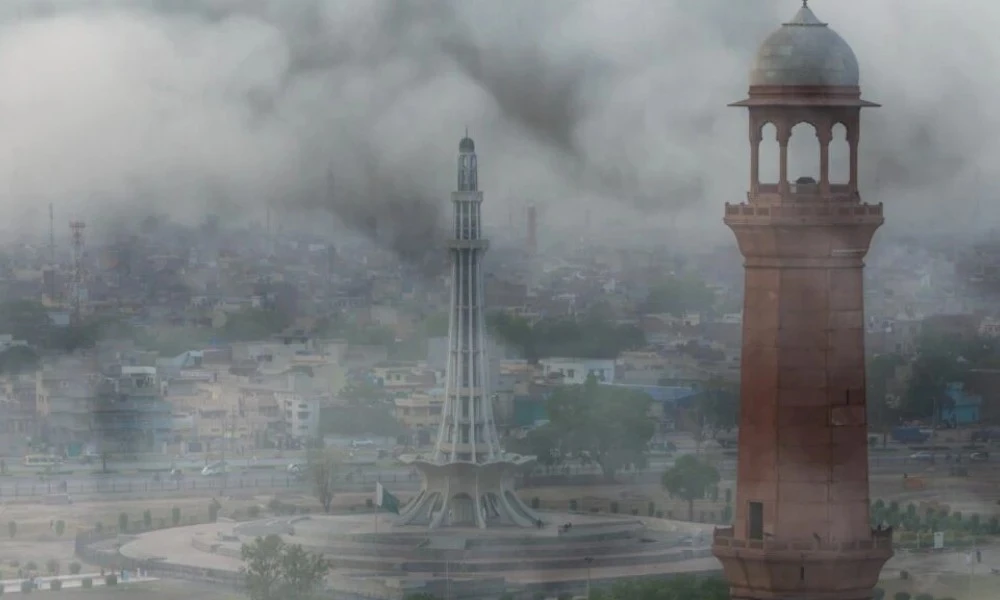In response to rising air pollution, the Punjab government has expanded its closure of educational institutions to additional divisions, aiming to safeguard public health amid worsening smog conditions. This decision is applicable to all schools, colleges, and tuition centers across five new divisions: Sargodha, Rawalpindi, Dera Ghazi Khan, Bahawalpur, and Sahiwal. According to the Environmental Protection Department, educational institutions in these areas will remain closed from November 13 to 17 to protect students from exposure to the hazardous air.
This latest measure follows previous closures in the Gujranwala, Lahore, Multan, and Faisalabad divisions, part of the government’s ongoing strategy to counter severe health risks posed by heavy smog. The authorities are determined to mitigate the adverse effects of air pollution, which have escalated in recent weeks across Punjab.
Lahore, one of the most heavily polluted cities in the province, has introduced additional restrictions to limit public exposure to smog. A recent directive from the district administration, in effect from November 11 to 17, bans outdoor activities, including sports, events, and outdoor dining. Religious gatherings, however, are exempt from these restrictions as specified in a notification issued by the Deputy Commissioner of Lahore.
Moreover, the government has enforced early closures for shops, markets, and malls, setting an 8 PM deadline. Essential services, such as medical stores, labs, petrol stations, and grocery outlets, are allowed to remain open. These restrictions aim to reduce traffic and industrial emissions, both major contributors to Lahore’s air quality deterioration.
To enhance Lahore’s green infrastructure, the Parks and Horticulture Authority (PHA) has accelerated its efforts to wash trees and plants along green belts and major roadways. Authorities have urged citizens to wear masks outdoors and minimize outdoor activities to lessen their exposure to pollutants, as advised by the Deputy Commissioner.




.webp)

.webp)

.webp)
.webp)


